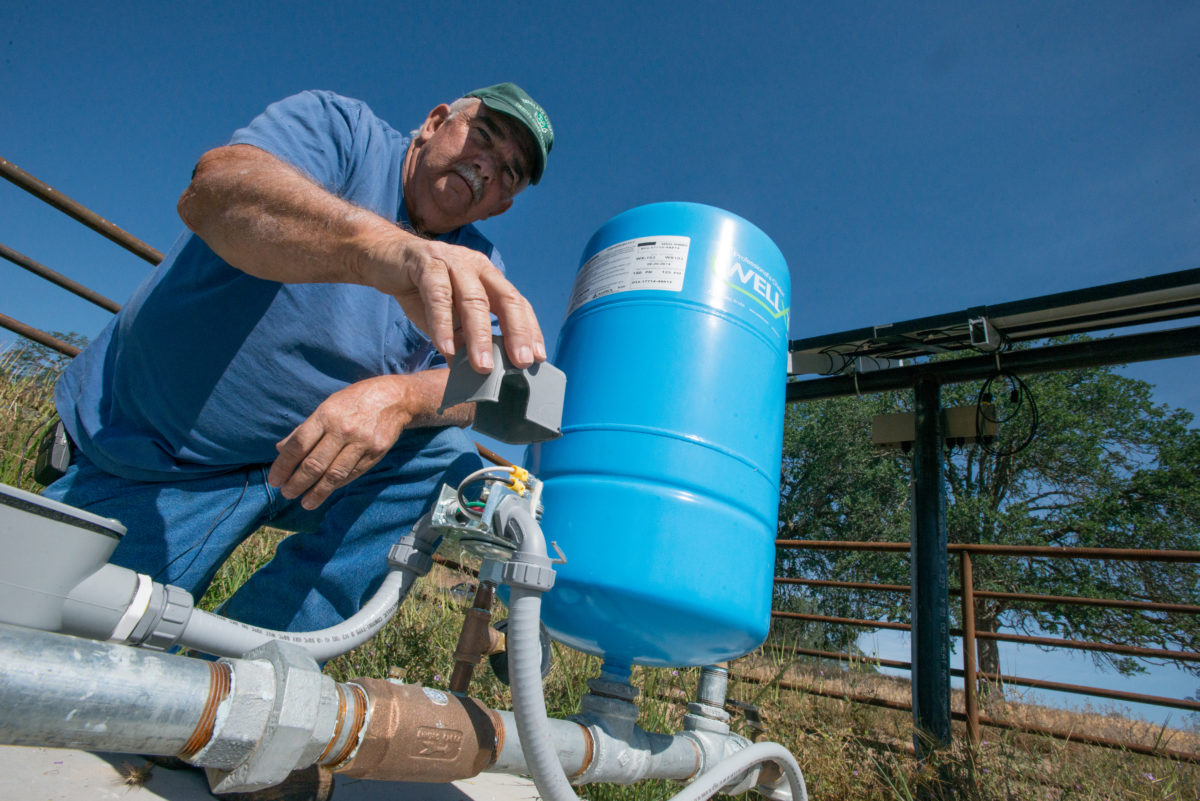Having regularly voiced strident criticism of India’s environmental failings, Greenpeace’s Indian branch has now heaped praise on the bid to achieve “solarization of agriculture”, citing the Suryashakti Kisan Yojana (SKY) scheme launched by the Gujarat state government.
For two decades, Greenpeace India has been critical of the environmental impact of government policies in matters including coal mining and nuclear power so its latest report will surprise many.
Greenpeace India’s offices were raided in October and its main bank account frozen as part of a campaign by Prime Minister Narendra Modi’s government against what it alleged was unlawful foreign funding of non-government organisations. The environmental group subsequently closed two of its Indian offices and – ironically given Modi’s recent election pledges to reduce unemployment – halved its headcount. The NGO has been barred from receiving foreign donations since 2015.
Examining solar irrigation pump campaigns in the states of Bihar, Gujarat, Tamil Nadu, Maharashtra and Odisha, the Greenpeace report Solarisation of Agriculture repeated an estimate the government of India could achieve 38% of its renewable electricity generation target simply by switching from conventional to solar-powered irrigation pumps.
States schemes studied
Analyzing the Gujarati SKY scheme launched in June 2018, the report stated it “not only ensures assured access to irrigation and electricity, it also provides the farmer with the dual economic benefit of selling surplus electricity to the power discoms [distribution companies] and selling water to farmers”.
The NGO said the Gujarati program sells solar panels to farmers at a highly subsidized rate – 60% is covered by state and central government subsidies, the farmer pays 5% and the remaining 35% comes as an affordable loan. Under the SKY program, farmers earn Rs7 per unit of electricity supplied to the grid for seven years and Rs3.5 per unit for a further 18 years, Greenpeace added.
The report also delved into the Deutsche Gesellschaft für Internationale Zusammenarbeit-backed ‘pay-as-you-go’ off-grid solar irrigation model applied in Bihar and considers a Tamil Nadu case study about a solar village nearing completion in Irumbai.
KUSUM success
The Maharashtra case study showcases the Mukhyamantri Saur Krishi Vahini Yojana program, which aims for solar power generation through small plants to ensure power supply for farmers and the Odisha study details the state’s Soura Jalanidhi scheme, which provides micro solar irrigation pumps to small farmers.
In 1992, the Ministry of New & Renewable Energy started the Solar Pumping Program and in February 2018, the central government announced the Kisan Urja Suraksha Evam Utthaan Mahabhiyan (KUSUM) scheme to install off-grid solar irrigation pumps and to solarize grid-connected irrigation pumps.
This content is protected by copyright and may not be reused. If you want to cooperate with us and would like to reuse some of our content, please contact: editors@pv-magazine.com.








By submitting this form you agree to pv magazine using your data for the purposes of publishing your comment.
Your personal data will only be disclosed or otherwise transmitted to third parties for the purposes of spam filtering or if this is necessary for technical maintenance of the website. Any other transfer to third parties will not take place unless this is justified on the basis of applicable data protection regulations or if pv magazine is legally obliged to do so.
You may revoke this consent at any time with effect for the future, in which case your personal data will be deleted immediately. Otherwise, your data will be deleted if pv magazine has processed your request or the purpose of data storage is fulfilled.
Further information on data privacy can be found in our Data Protection Policy.